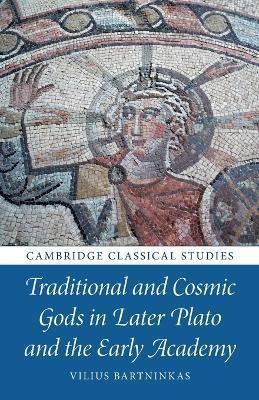Traditional and Cosmic Gods in Later Plato and the Early Academy

Traditional and Cosmic Gods in Later Plato and the Early Academy
PRP: 297.60 Lei
Acesta este Prețul Recomandat de Producător. Prețul de vânzare al produsului este afișat mai jos.
267.84Lei
267.84Lei
297.60 LeiLivrare in 2-4 saptamani
Descrierea produsului
Detaliile produsului











